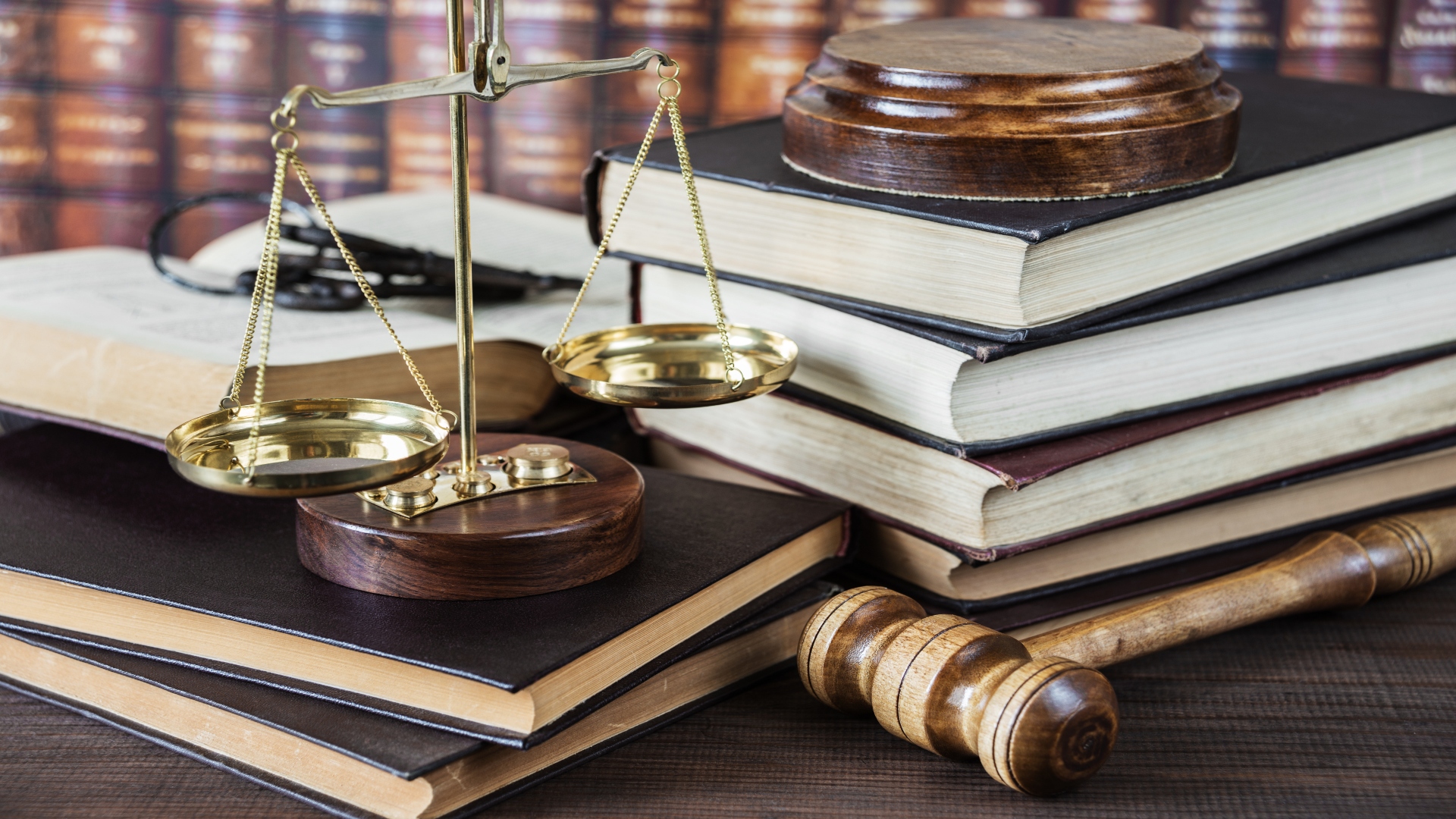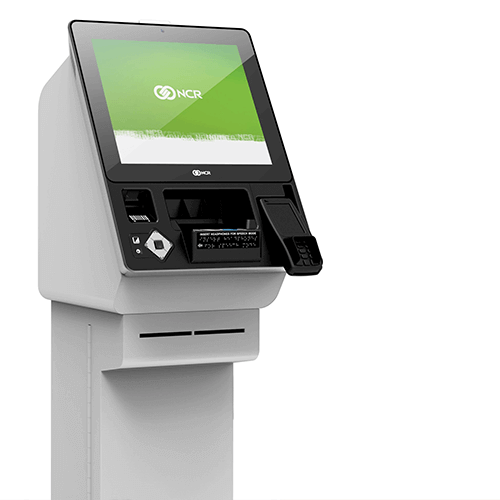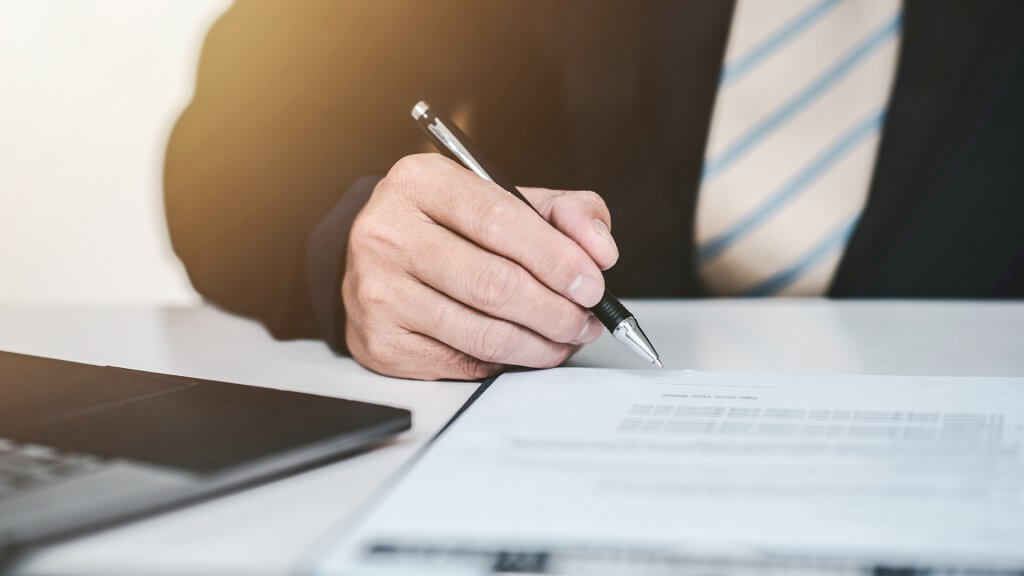The term “plea bargain” is often a pivotal point during legal proceedings. Plea bargains are agreements between the prosecution and the defense in which the defendant agrees to plead guilty to certain charges in exchange for reduced charges or a lighter sentence.
As a legal tool, plea bargains can provide a strategic advantage to both sides of a case. They can save time and resources, not to mention that they can also lead to a more favorable outcome for the accused.
In this article, we’re going to unwrap all about plea bargains and how they are used as a strategy in criminal defense cases.
The Mechanics of a Plea Bargain
Criminal lawyers will be better able to understand the plea bargain as it applies to your situation. Here, we’re going to try and generalize the workings of a plea bargain so you can understand how to navigate around them when the need arises.
Here’s a closer look at the mechanics of how they work:
The process begins with discussions between the defense attorney and the prosecutor. Once a tentative agreement is achieved, the terms of the bargain are outlined. The DA then presents the terms to the defendant, explaining the potential outcomes and implications.
If the defendant accepts the deal, the plea bargain is then presented to the court where a judge will evaluate it to ensure fairness. The court can reject a bargain if it’s contrary to justice or inappropriate.
Types of Plea Bargains
Plea bargains come in various forms, each with its own set of implications.
- Charge reductions involve the defendant agreeing to plead guilty to a lesser offense, which can result in a more lenient sentence.
- Sentence bargains focus on negotiating a lighter punishment in exchange for the defendant’s guilty plea.
- In the case of fact bargains, the prosecution and defense agree on specific facts surrounding the case, which can impact the charges and potential penalties.
Different kinds of plea bargains are used suitably depending on the need.
Pros and Cons of Accepting a Plea Bargain
Accepting a plea bargain can offer benefits such as certainty in sentencing, reduced penalties, and the avoidance of a lengthy trial. It can resolve cases quicker and effectively lessen the emotional and financial toll on defendants and their families.
That being said, there are potential drawbacks.
Defendants may feel pressured to admit guilt, sacrificing the chance to clear their name. Additionally, some plea bargains may not accurately reflect the defendant’s actions, leading to lingering consequences.
If clearing your name is important to you then accepting a plea bargain is counterproductive. And if it’s the best way out, then that’s that. Ultimately, it depends on your particular case. It might be just the thing they need for some people whereas for others, it might be a non-starter.
Factors Influencing Plea Bargain Decisions
Several factors play a role in determining whether a defendant should pursue a plea bargain. The strength of the evidence, potential sentence length if convicted at trial, and the defendant’s criminal history all contribute.
The defendant’s personal circumstances, such as their age, background, and involvement in the crime, can also impact the decision. Defense attorneys assess these factors to provide informed guidance on whether to accept a plea bargain or proceed to trial.
Different types of cases will have different types of plea bargain terms and conditions. For example, a criminal DUI attorney might be able to strike a deal that helps you avoid a license suspension, allowing you to go to work as long as you’re more careful. But on the other hand, a traffic ticket lawyer can help you get a reduced sentence.
The Role of Defense Attorneys in Plea Bargains
Defense attorneys are instrumental in plea bargain negotiations. They analyze the prosecution’s evidence and advise their clients on the potential risks and benefits of accepting a plea bargain. It’s important to not be driven by pure emotions and to believe in your attorney’s expert advice.
Attorneys negotiate with prosecutors to ensure the terms of the plea bargain are fair and advantageous for their clients. This involves skillful advocacy and knowledge of the law to leverage potential weaknesses in the case.
These are important skills and you need to find a suitable lawyer with a good track record.
The Role of Prosecutors in Plea Bargains
Prosecutors also play a pivotal role in plea bargain negotiations. They evaluate the evidence and assess the likelihood of securing a conviction in a trial.
They offer plea bargains to efficiently resolve cases while still achieving justice.
While their primary duty is to represent the interests of the state, they must also balance their obligation to uphold the law with the benefits of resolving cases through negotiated agreements.
In Conclusion
Plea bargains stand as an intricate feature of the criminal justice system, offering both defendants and the prosecution a path toward resolving cases without a full trial. The decision to accept or reject a plea bargain is a critical one, often requiring a thorough assessment of the evidence, potential outcomes, and the defendant’s individual circumstances.
Though it’s important to understand how plea bargains work in real-world situations, it’s also important to find an attorney who has experience in plea bargains and particularly, in cases similar to yours. A Phoenix drug crimes attorney, for example, who’s skilled in plea bargains and has had significant success in them is going to be instrumental for success if you’re involved in a drug crime.





















